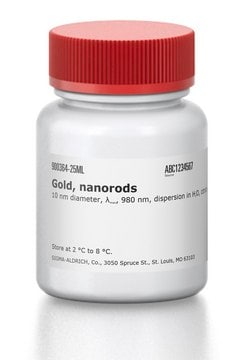911860
NanoFabTx™ microfluidic - micro
device kit for synthesis of 1-5 μm particles
Synonyme(s) :
Microfluidic kit, Microparticle, NanoFabTx™ device kit, Nanoformulation
About This Item
Produits recommandés
Description
Microfludic device kit for synthesizing 1-5 μm microparticles
Kit components :
Niveau de qualité
Application(s)
advanced drug delivery
Vous recherchez des produits similaires ? Visite Guide de comparaison des produits
Catégories apparentées
Description générale
Application
Caractéristiques et avantages
- Step-by-step microfluidic-based protocols developed and tested by our formulation scientists
- Optimized to make monodisperse microparticles of any size between 1 and 5 μm
- Facilitates simple optimization of drug encapsulation and loading efficiency in microparticles
Informations légales
Produit(s) apparenté(s)
Certificats d'analyse (COA)
Recherchez un Certificats d'analyse (COA) en saisissant le numéro de lot du produit. Les numéros de lot figurent sur l'étiquette du produit après les mots "Lot" ou "Batch".
Déjà en possession de ce produit ?
Retrouvez la documentation relative aux produits que vous avez récemment achetés dans la Bibliothèque de documents.
Articles
NanoFabTx™ platform accelerates drug development with ready-to-use formulations and microfluidic devices for particle synthesis.
NanoFabTX kits enable precise drug delivery with lipid nanoparticles and liposomes for mRNA and nucleic acids.
Professor Robert K. Prud’homme introduces flash nanoprecipitation (FNP) for nanoparticle fabrication, which is a scalable, rapid mixing process for nanoparticle formulations.
Microfluidic assembly improves polyamine nanoencapsulation of nucleic acids, overcoming challenges like polydispersity and poor reproducibility.
Notre équipe de scientifiques dispose d'une expérience dans tous les secteurs de la recherche, notamment en sciences de la vie, science des matériaux, synthèse chimique, chromatographie, analyse et dans de nombreux autres domaines..
Contacter notre Service technique




